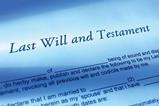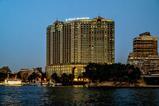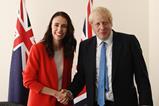Lawyers must take a tougher stance on money laundering and be better self-regulators, according to a joint report by the International Bar Association (IBA) and the Organisation for Economic Co-operation and Development (OECD).
The report on the Role of Lawyers and International Commercial Structures, prompted by the Panama and Paradise Papers leaks, sets out eight principles lawyers must stick to, to avoid facilitating illegal acts.
The principles include conducting client due diligence, obtaining information on beneficial ownership and taking action if a client’s conduct could become illegal.
Natalie Limbasa, legal adviser for the OECD, said: ‘There is pressure on the legal profession and we need to act before someone else does. It’s coming, so why not own it ourselves?’ She added: 'If you want to prove that self-regulation works, you have to self-regulate.’
Robert Wyld, a member of the IBA’s anti-corruption committee, said: ‘This report looks at what lawyers should do rather than what they must do. Frankly, lawyers and their trust accounts, as well as their non-trust accounts, are the perfect shield for the illegal flow of money.’
On Monday a joint committee of peers and MPs urged the government to close money laundering loopholes in a draft bill designed to increase the transparency of who owns land in the United Kingdom.
The draft Registration of Overseas Entities Bill proposes a publicly accessible register into which overseas entities trying to buy land in the UK have to enter information about their beneficial owners.
Although the IBA-OECD report stresses the importance of beneficial ownership disclosure, it ducks the issue of public availability. 'Whether [the information] needs to be publicly available is an issue for governments and parliaments to address.’
































11 Readers' comments